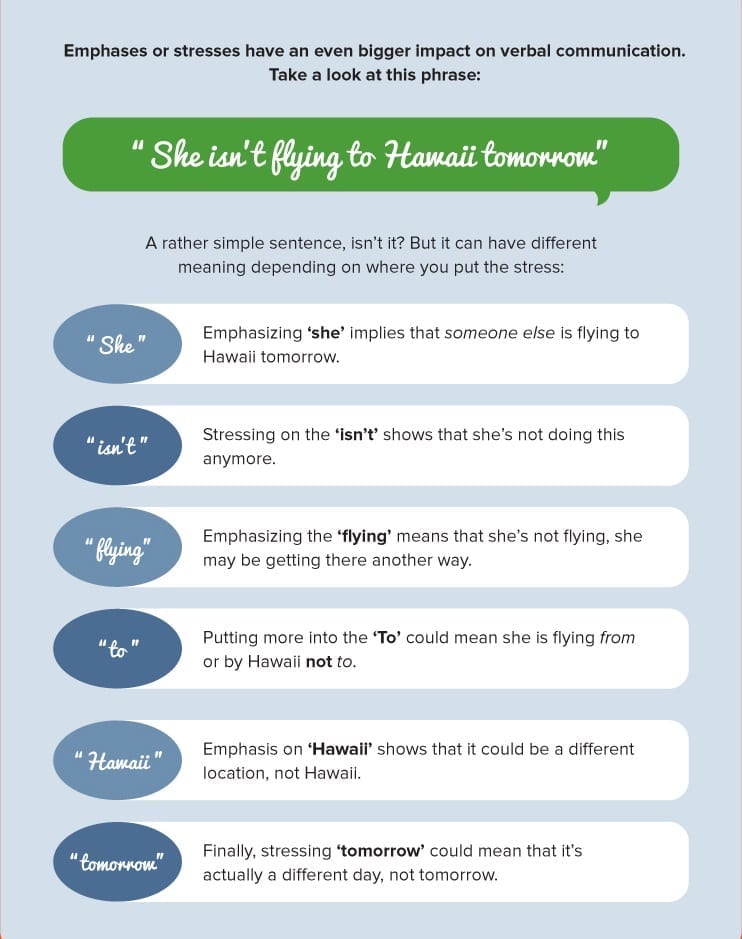Today we have an article covering the art and science behind voice acting. Voice acting is a big part of the film industry and those that have great voices that lend themselves to this pursuit can stand to make a fantastic career for themselves.
Voice actors— if you’ve seen an episode of Southpark or the Simpsons, you’ve probably heard the iconic voices of Eric Cartman and Homer Simpson.
Voice actors provide the voice for animated films, television shows, documentaries, voice-overs, and radio commercials. What all voice actors have in common are their unique and significant voices.
What does it take to start voice acting? Obviously having a voice but it’s not going to be that easy. In fact, voice acting is a pretty difficult skill to learn.
It’s not just simply talking and reading aloud words on a script. It takes a lot of skill and craft. Also, since it’s a very competitive industry, being a voice actor isn’t for the faint-hearted.
However, perseverance, hard work, and the right training will definitely make the journey to voice acting a tad easier.
To find out what it takes to master the art of voice acting, we gathered tips and tricks from some of the best in the business and compiled the skills needed before you can earn your first dollar from a voice acting job.
How Much They Make
Voice acting is a diverse field, ranging from amateurs to Hollywood-class voices. According to the U.S Department of Labor, the average hourly wage for a voice actor is $17.50, which isn’t much compared to the average wages of other professions.
The average salary for radio and television announcers was $35,360 in 2017. Some voice actors can make anywhere from $20 to a couple hundred dollars for just an hour of work.
However, professional voice actors in Hollywood make bank when they give their voices to movies or shows. For example, Dan Castellaneta from The Simpsons has been rumored to earn $300,000 per episode of the series for the role of Homer Simpson.
Trey Parker, the other half of the duo that created South Park is worth $300 million according to CelebrityNetWorth. Whereas Seth MacFarlane who voices multiple characters on Family Guy and American Dad! is estimated to be worth $150 million.
Becoming A Voice Actor
The truth is, you can decide to pursue a career of voice acting right here and now. It’s earning the money from voice acting that’s a problem.
To get hired by people, a voice actor must prove that they have what it takes to deliver their message clearly, loudly, and precisely.
So what are the characteristics of a good voice actor?
First, they would need to know their voice and roles that would fit them. They would also need to be able to project their voice from loud to soft, change their tone between high and low, adjust their speech patterns from fast to slow to develop a personality.
Some skills needed to become the ideal voice actor are:
- Enunciation
- Tempo
- Intonation and Emphases
- Voice Characterization
- Accents
This might seem like a lot to take in so we’re going to break them down in detail to give you a better idea.
Enunciation
Enunciation is the act of pronouncing words and a very important skill in voice acting. Imagine watching a documentary about the Earth and all you hear is mumbling. It’s pretty annoying, right?
You don’t understand what the narrator is saying and the information being conveyed, which makes it a waste of time.
Mumbling bothers listeners and people definitely won’t hire you just to repeat asking what you just said more than once. Other than that, mumbling can cause mix-ups and give people the wrong ideas.
On top of that, mumbling makes you look like you’re not sure of your arguments— reflecting a lack of self-confidence and isn’t a trait brands and employers are after.
Whether or not you’re a voice actor, enunciation is an important skill to have. Enunciation is especially important for narrators, announcers, and public speakers since they need to have a clear voice to deliver their message.
Tempo
Tempo or speed is key in voice acting. Speaking a tad too fast can appear incoherent and makes what you’re saying salesy, as if you’re trying to sell something. However, when you speak too slow, it can also appear strange.
In a promotional piece such as an explainer video, the ideal pace is between 140-160 words per minute and not any faster.
What happens when voice actors speak too fast?
- They lose the listeners’ attention
- They create a negative impression
- They lose the clarity of the message
- They’re not rappers
- No one likes to feel that they’re being sold to
In the end, the tempo is not all one speed. In voice acting, the tempo serves the intention of what is being said depending on the situation and message being delivered.
For example, in documentaries, the narrator must be clear so the tempo should be a bit slowed down but maybe for something more fast-paced such as an action-filled scene, might require the voice actor to raise the tempo a bit.
Intonation And Emphases
Intonation is a simple yet important element in verbal communication because it gives life and meaning to a phrase. For example, depending on the intonation when saying the word ‘really’ can come off as enthusiastic or even skeptic.
This shows how crucial a change of tone can be in voice acting. It can make or break the situation so it’s a skill all voice actors should have.
Emphases or stresses, on the other hand, have an even bigger impact on verbal communication.
Let’s take a look at an example below. It’s a simple sentence but putting stresses on each word can give different meanings.
Voice Characterization
Voice acting is still acting so that means voice actors need to get in character each time they’re on the mic. An example of good voice characterization would be Seth MacFarlane.
MacFarlane plays multiple characters on his shows. Each character has its own unique voice and personality, making them distinct.
Now, how does Seth get into character? To create a fully realized character, acting coach Dee Cannon recommends asking yourself these questions:
- Who am I?
- Where am I?
- Where have I just come from?
- When is it?
- What do I want?
Accents
Here’s the fun part (or difficult part) — mastering the art of accents and dialects definitely earns brownie points for any kind of actor.
Although accents seem complex and time-consuming to learn, they are the key to learning new ways of speaking and can be taught to anyone willing to learn.
Each accent is unique and has some form of default rhythm, melody, and words to them. For example, the Scottish accent has several identifying words to it.
Although it may seem challenging to learn accents and dialects, it can be done with practice.
Here are some tips for voice actors when learning a new accent and dialect:
- Research in advance — Find out all that you can about the accent and watch a lot of references.
- Learn the slang — Find out the everyday language and vocabulary used in the dialect.
- It’s all about the character, not the accent — Think about your character’s class, age, outlook on life, upbringing, and how these influence their speech.
- Work on your voice — Talent is pointless if it isn’t backed up by strong vocal work.
Voice Acting – Summing Up
Find out more about the skills needed to land your first voice acting job in the infographic the folks at Breadnbeyond whipped up below:
Matt Crawford
Related posts
4 Comments
Leave a Reply Cancel reply
This site uses Akismet to reduce spam. Learn how your comment data is processed.








Oh my goodness! Incredible article dude! Thanks!
Thanks for the comment, Blair.
Thanks for sharing. Thanks for a great guide to voice acting!
Thanks as always, Max.